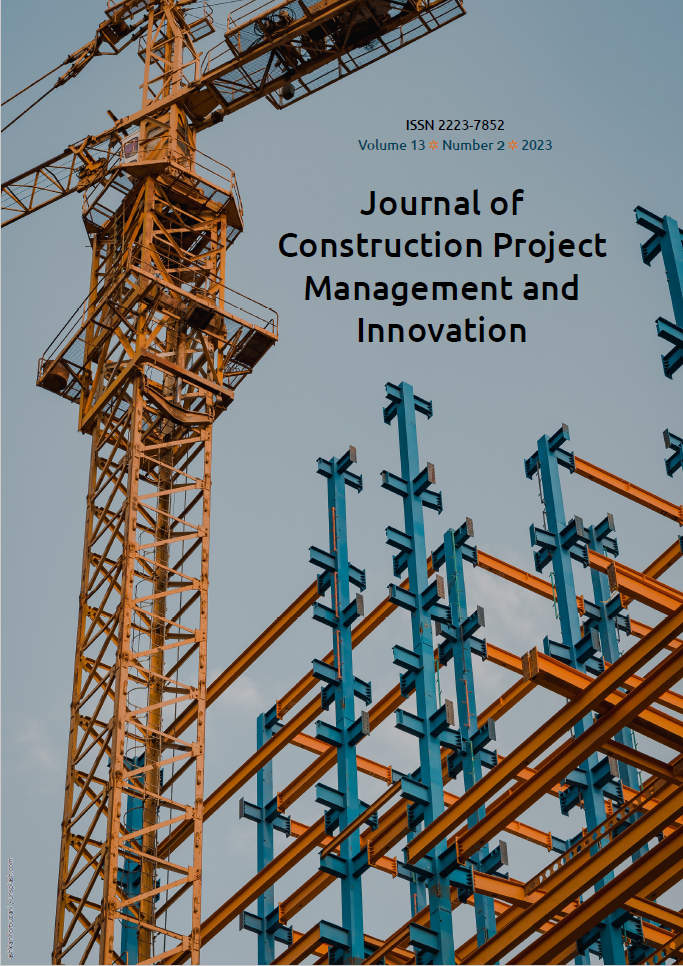The dynamics of learning styles and adaptive flexibility in quantity surveying education: implications for academic performance
Main Article Content
Keywords
Academic performance, Adaptive flexibility, Kolb' experiential learning theory, Learning styles, Quantity surveying students
Abstract
This scholarly paper delves into the interplay between learning styles and academic performance within the specific context of quantity surveying (QS) education, thereby addressing an identified research gap. Its central objective is to scrutinise the impact of adaptive learning flexibility, a crucial element of experiential learning theories, on educational outcomes in QS. The study adopts a positivist paradigm, employing a deductive research approach and a survey methodology. It utilises Pearson’s correlation analysis to ascertain the relationship between QS students’ adaptive flexibility and their academic performance, with the study population comprising second, third, and fourth-year students at Nelson Mandela University. The research findings reveal a predominance of the assimilating learning style among QS students, characterised by a proclivity for abstract conceptualisation and theoretical model development. Notably, the study did not identify any statistically significant differences in academic performance across various learning styles. This suggests that learning style preferences may not be reliable indicators of academic success within QS education. Further, the research observed a minor negative correlation between adaptive flexibility and academic performance, challenging the notion that increased learning style flexibility invariably leads to better academic results. These outcomes imply that while QS students may exhibit substantial adaptive flexibility, this attribute does not necessarily correlate with enhanced academic achievement. The distinctiveness of this research lies in its exploration of the dynamic nature of learning styles and their influence on academic performance in the specialised field of QS. It significantly contributes to the wider educational discourse, underscoring the importance of personal experience in the learning process and advocating for pedagogical approaches that recognise and nurture individual learning preferences. In practical terms, the study recommends that QS students and educators engage in introspective practices to comprehend and utilise learning styles and adaptive flexibility effectively. It endorses the adoption of educational frameworks that embrace diverse learning modalities, thereby augmenting students’ adaptability to various learning situations and deepening their academic comprehension. The paper also advises that QS educators receive professional development to incorporate experiential learning cycles into their teaching methodologies effectively. Overall, this research illuminates the complexities inherent in the learning processes of specialised educational fields. It calls for a nuanced appreciation of the interplay between individual learning styles and adaptive flexibility concerning academic performance. The findings establish a foundation for future investigations into these dynamics in other specialised educational settings and propose innovative instructional strategies for QS education.






